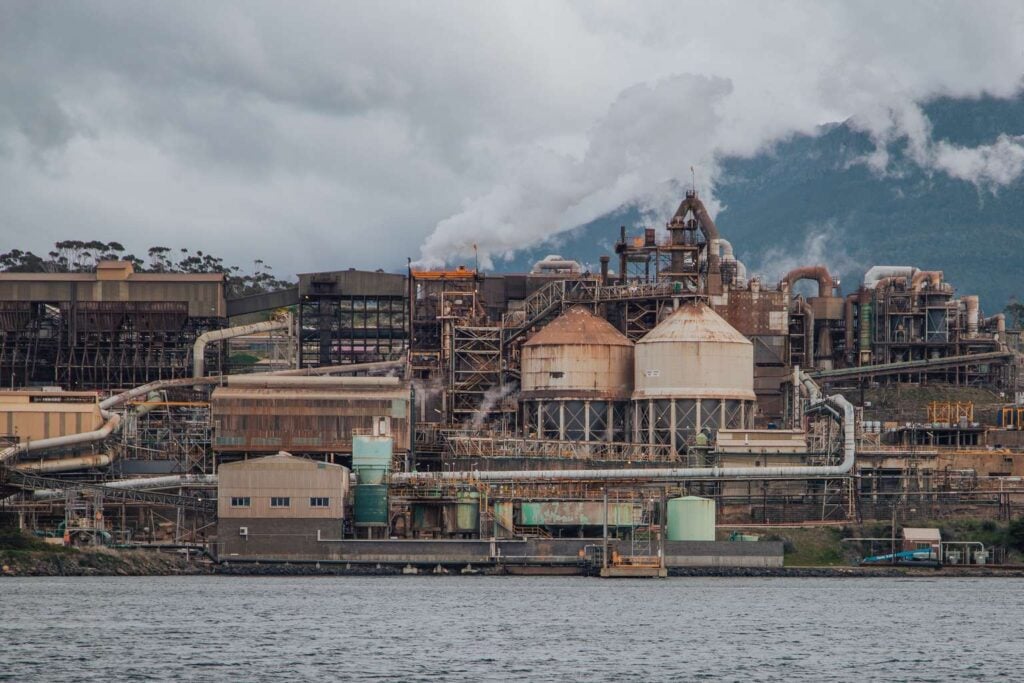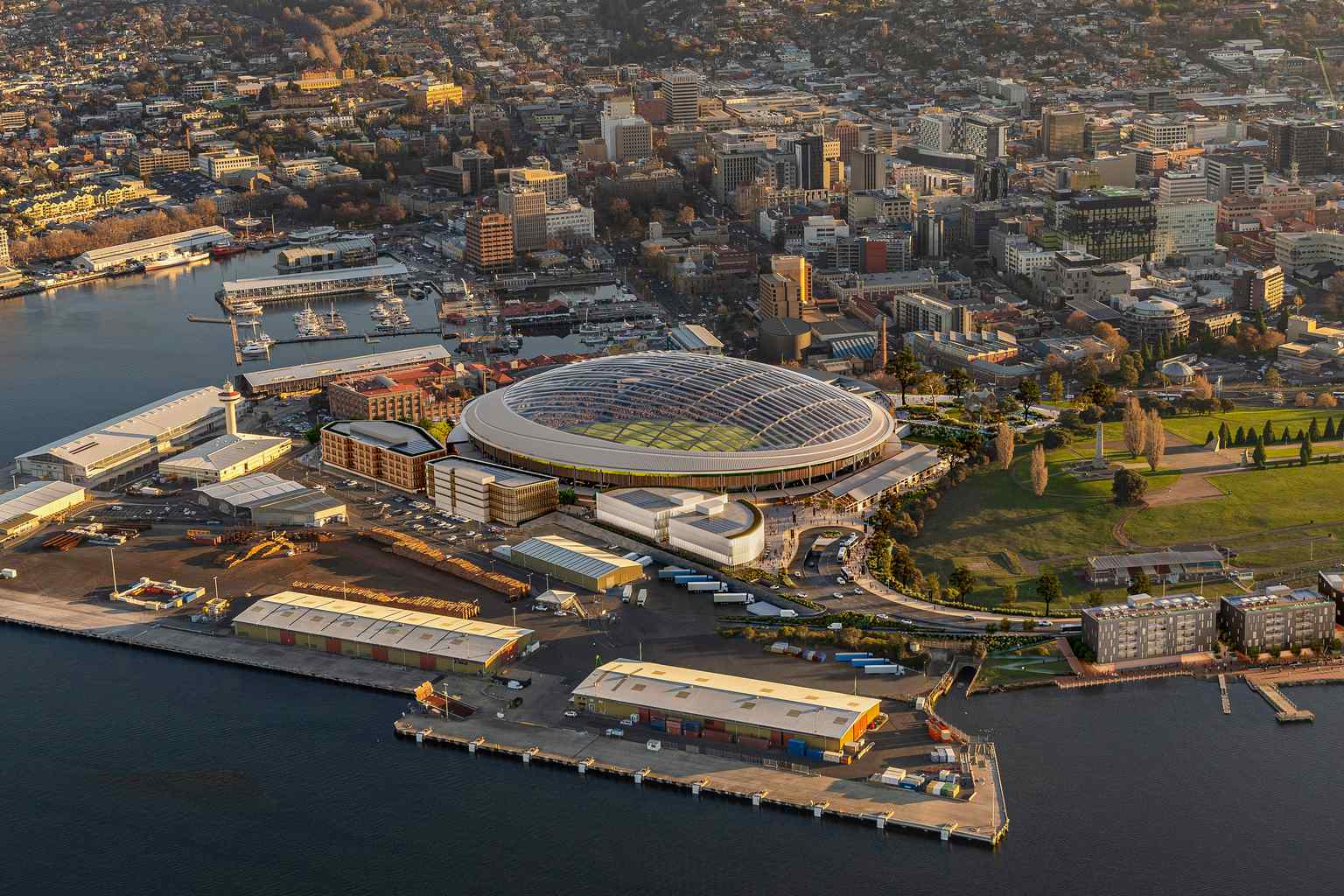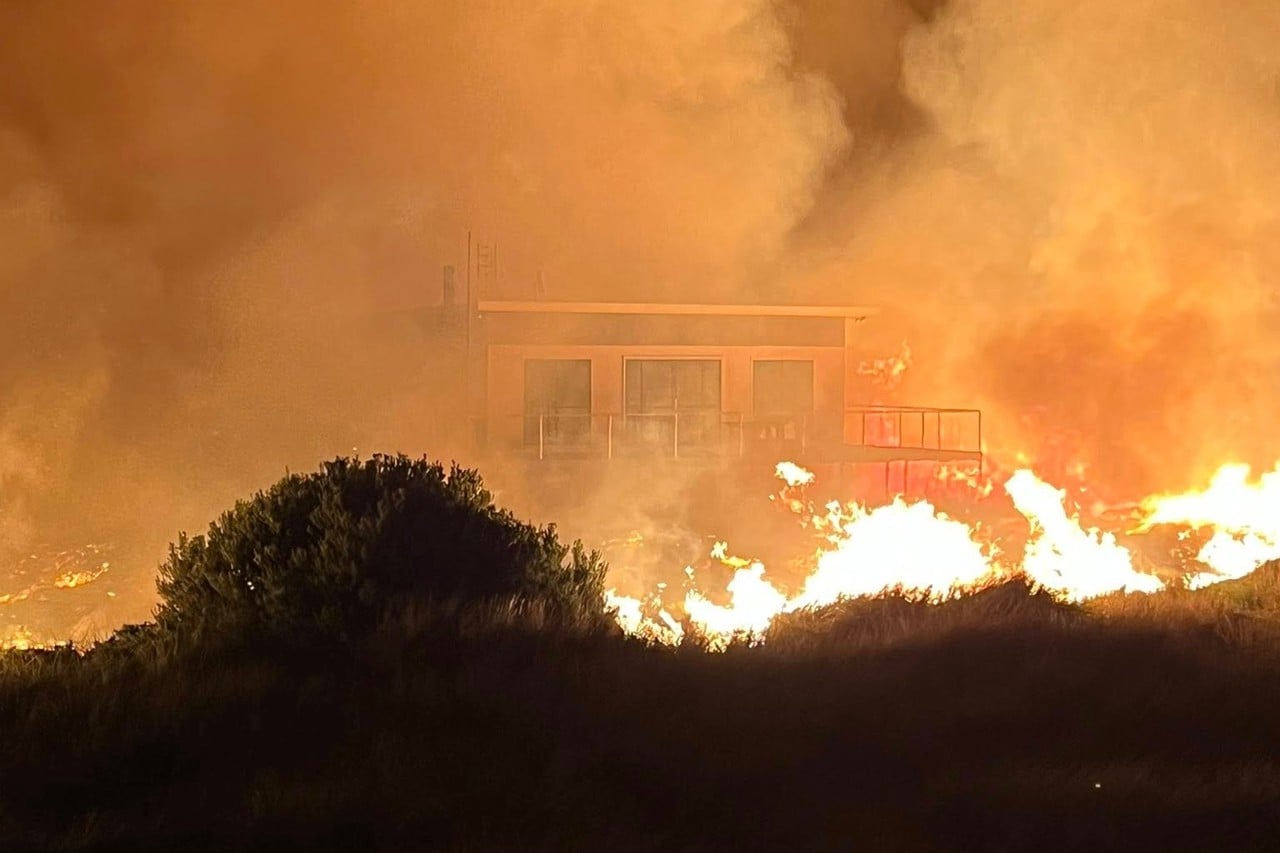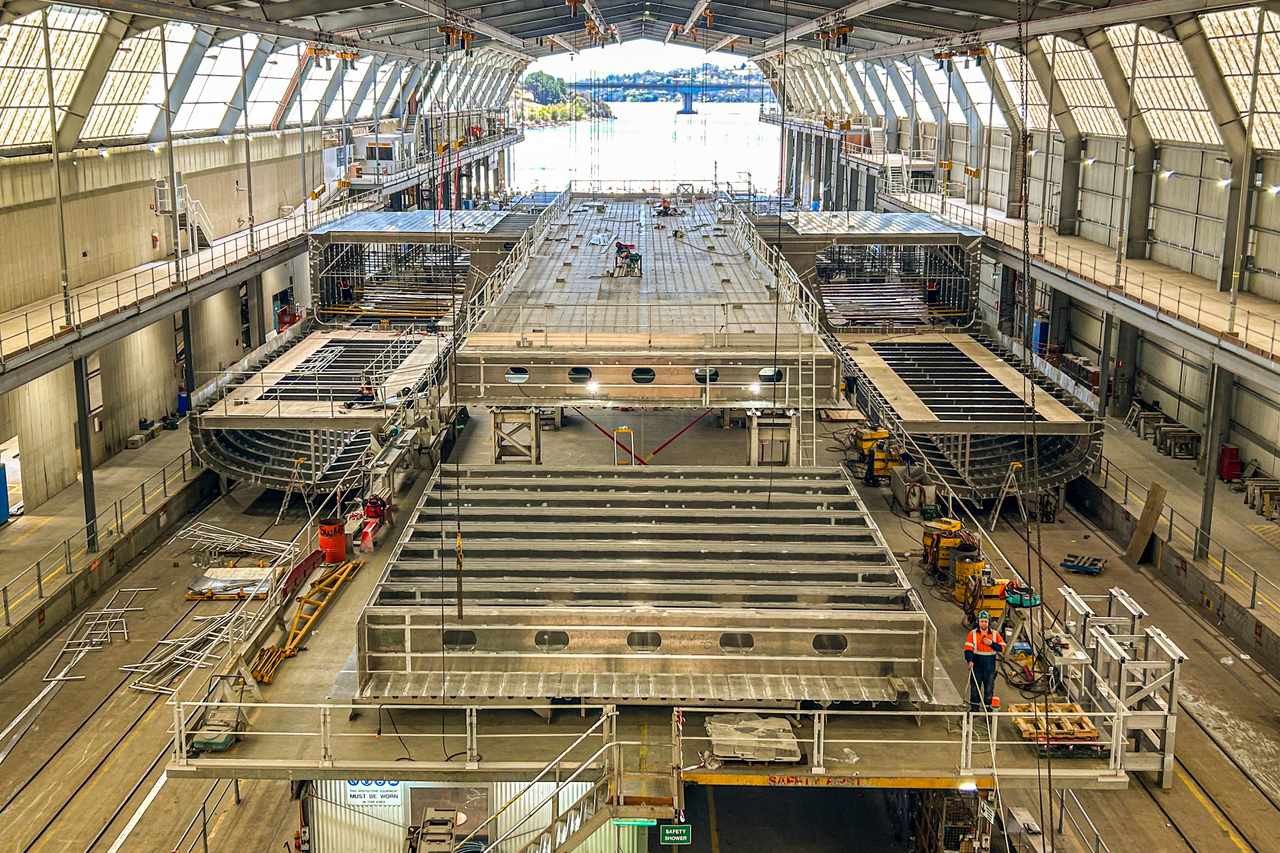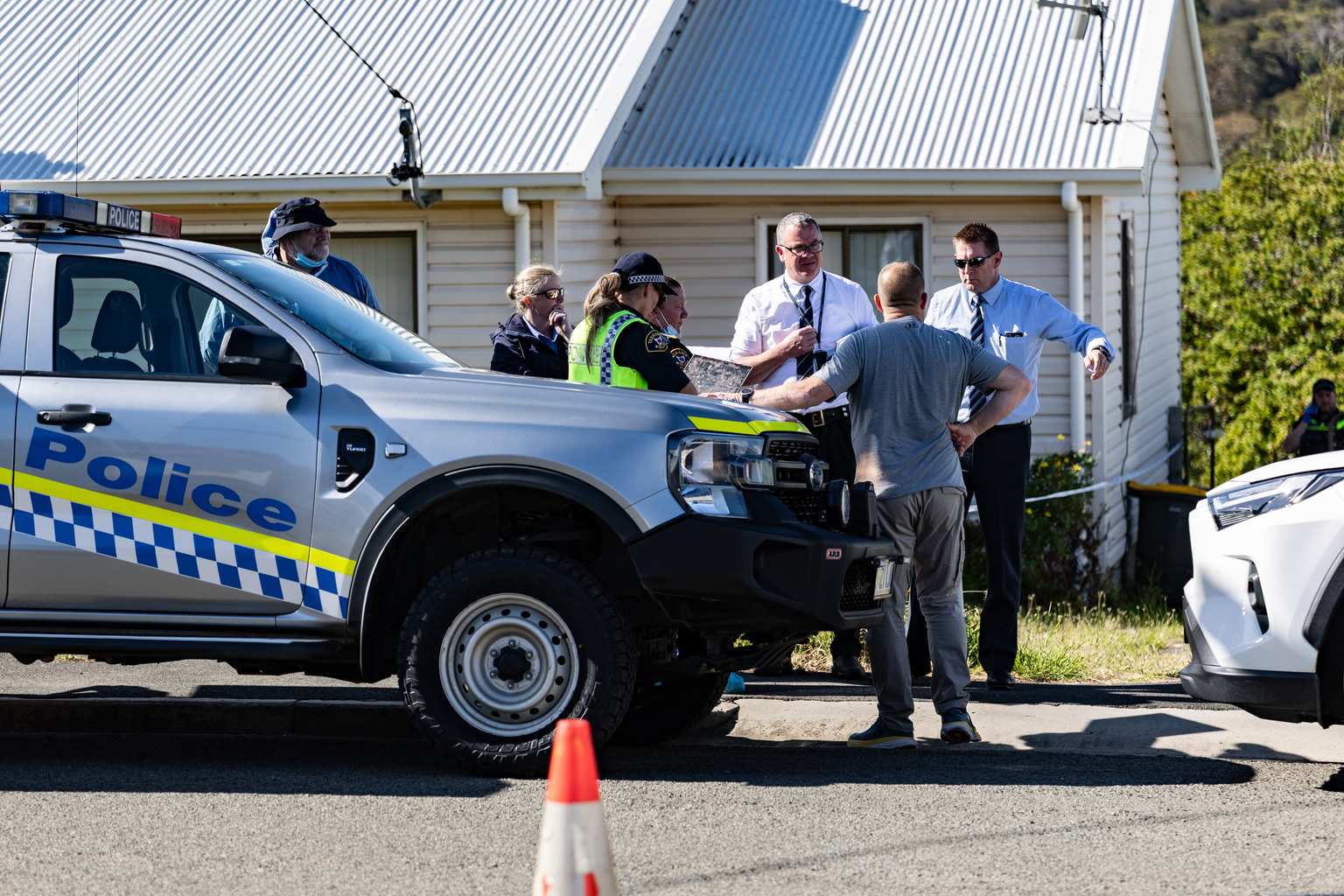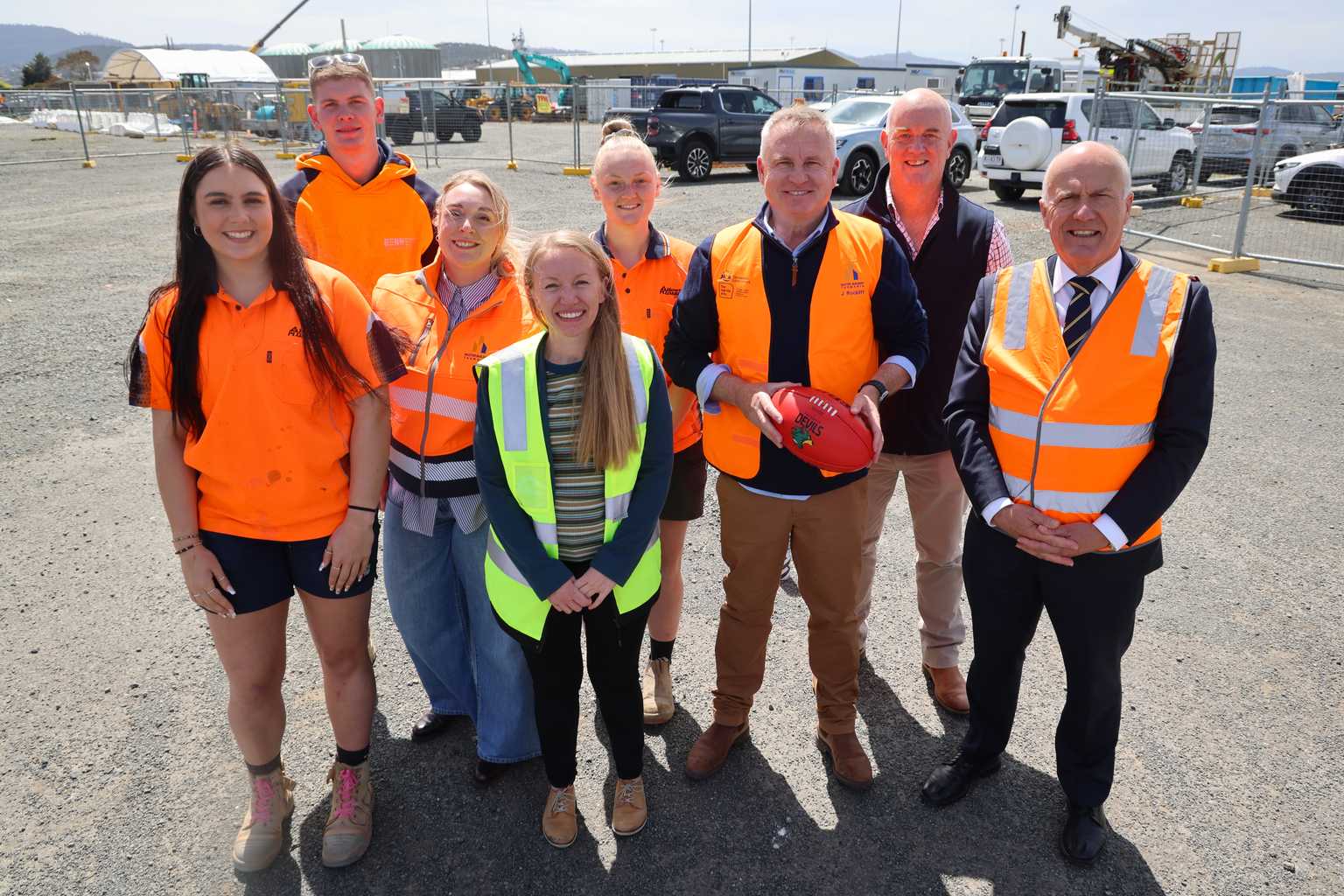The Tasmanian government has put together a $22.5 million rescue package for Nyrstar’s Hobart zinc smelter, in a bid to secure the jobs of more than 500 workers at the struggling site.
Premier Jeremy Rockliff announced the funding on Tuesday, saying it forms part of a larger $135 million national support package aimed at keeping Nyrstar’s Australian operations running.
“We’ve worked closely with Nyrstar and Trafigura over recent months to secure a path forward and today we’re delivering,” Rockliff said.
“This package will help keep the Hobart smelter operating, delivering significant investment in maintenance and upgrades to keep the site strong and safe.”
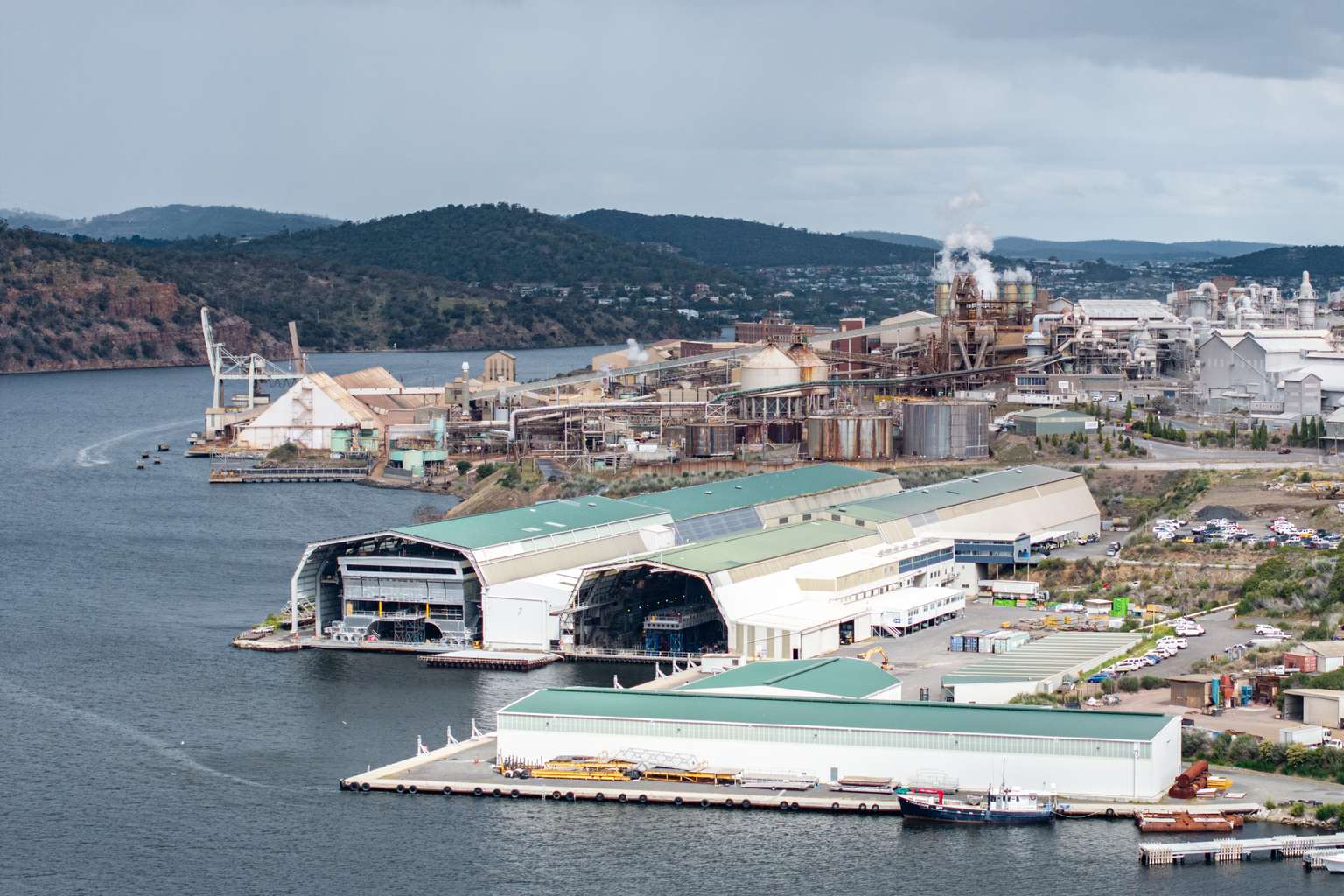
The state’s contribution pulls together existing funding, including money already set aside for upgrades to the electrolytic cellhouse, along with new support to keep the plant running.
Under the deal, Nyrstar will roll out maintenance and upgrade works at the Hobart facility, which will see around 200 extra contractors and suppliers brought on board.
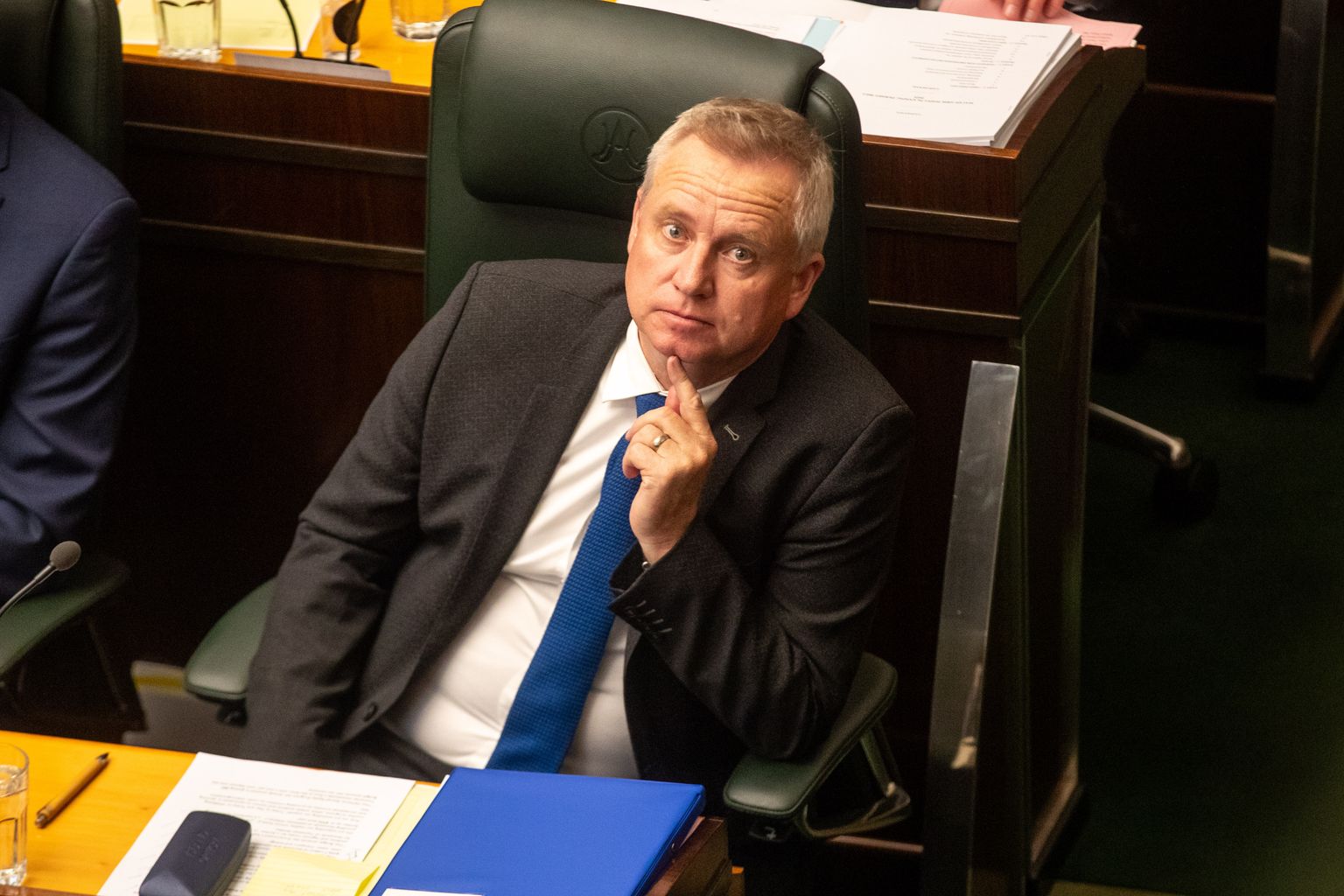
Minister Eric Abetz said the intervention was crucial, given the smelter’s strategic importance.
The plant processes zinc concentrates from Nyrstar’s Rosebery mine on the West Coast, as well as from across the country.
“The Hobart site is a key part of Australia’s critical minerals supply chain,” Abetz said.
The smelter has been a mainstay of Tasmania’s manufacturing industry for decades but has been under pressure from volatile commodity prices and rising energy costs.
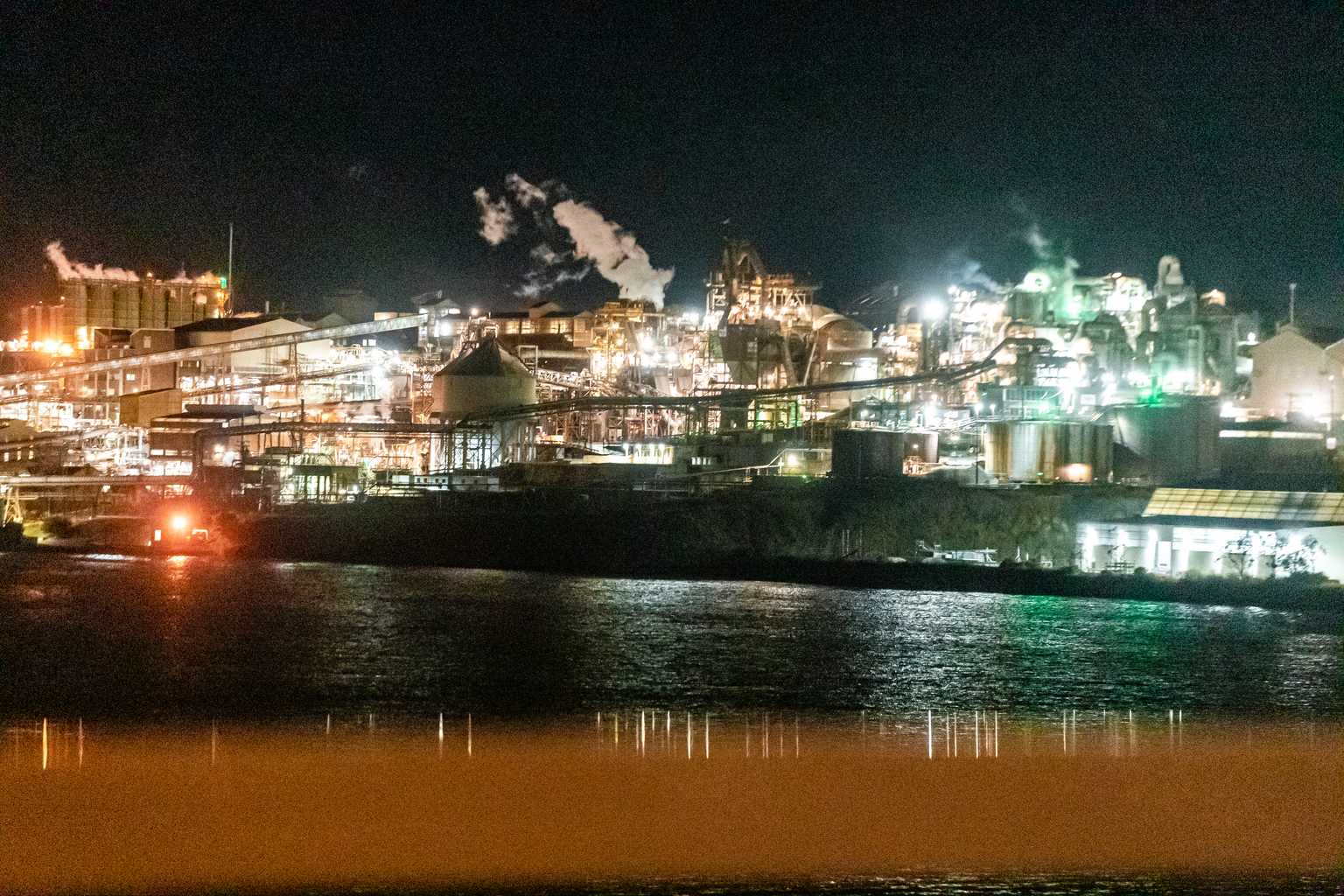
Nyrstar said the funding would allow it to “maintain ongoing operations” while pushing ahead with an overhaul of its Australian smelters.
In Hobart, this will include major investments in the furnace and wharf. Nyrstar Global CEO Guido Janssen said the support package comes at a time of “extremely challenging global market conditions”.
“This support demonstrates the strategic importance of the Australian operations for sovereign capability and delivering products needed globally for modern economies,” he said.
The state government says Nyrstar’s Australian operations pump more than $1.7 billion into the national economy each year, directly employing about 1,400 people and supporting more than 6,600 indirect jobs across its supply chains.
“We’re backing industry, backing Australia’s sovereign capability and backing the workers who underpin our state’s economy,” Rockliff said.

